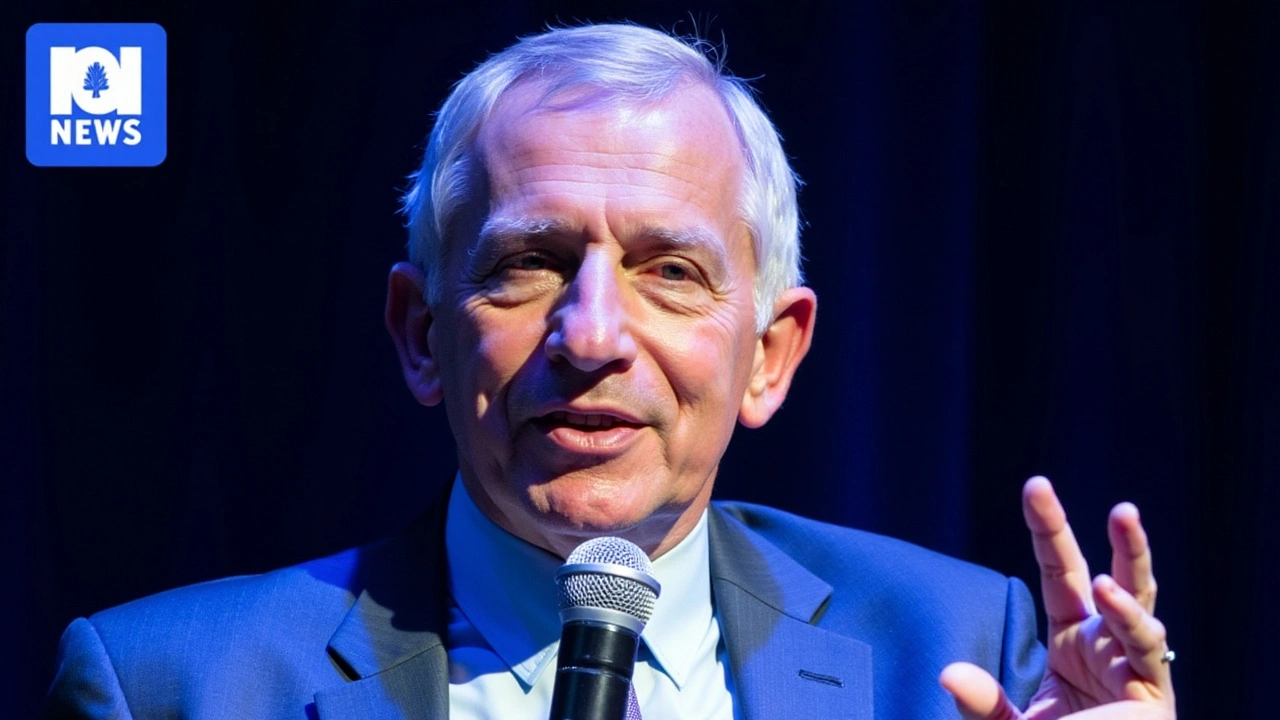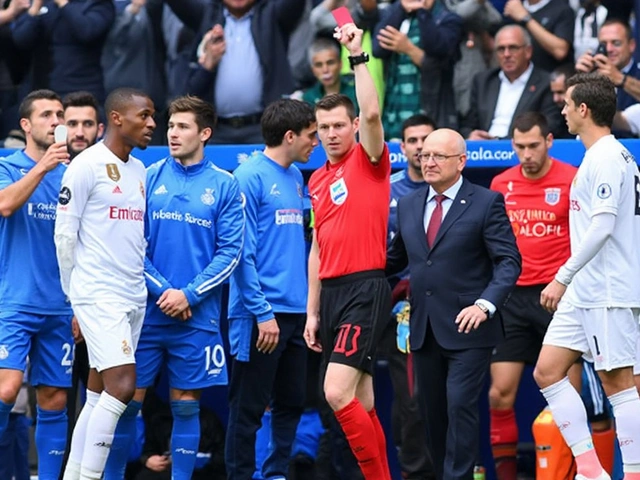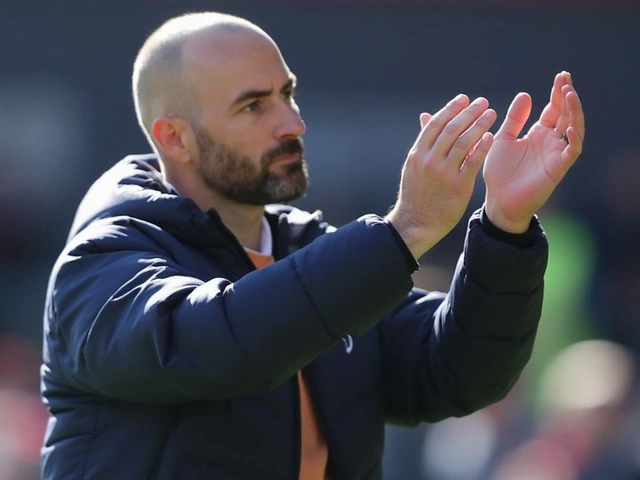Biden's Pardons Spark Debate Across Political Spectrum
In a move that has generated significant discussion across the political spectrum, President Joe Biden has made use of his presidential pardon powers to extend clemency to a number of high-profile individuals. This list includes Dr. Anthony Fauci, the former director of the National Institute of Allergy and Infectious Diseases, who became a household name during the COVID-19 pandemic. Alongside him are officers Aquilino Gonell, Harry Dunn, Mike Fanone, and Daniel Hodges, who were instrumental in the Congressional investigation into the January 6, 2021, riot at the U.S. Capitol. This decision comes at a pivotal moment in Biden's presidency, as he approaches the conclusion of his term with a clear message aimed at protecting those he believed to have served the nation during tumultuous times.
Dr. Fauci's Complex Public Image
Dr. Fauci's inclusion in the list of pardons comes as a surprise to many, given that he was never charged with any crimes. However, his role during the pandemic was not without controversy. Fauci was both praised as a voice of science and caution, as well as criticized by some for his public health guidance. His critics accused him of inconsistency and potentially overstepping in his role, discussions which occasionally flirted with legal scrutiny. The pardon delivered by President Biden serves more as a symbolic measure than a legal necessity. It not only aims to quell the ongoing criticism directed towards Fauci but also highlights the administration's acknowledgment of the fierce political climate surrounding the pandemic and its key figures.
January 6 Investigation: A Turning Point in U.S. History
The January 6, 2021, riot at the U.S. Capitol remains a dark chapter in American history, showcasing the intense political divisions within the country. During the aftermath, the formation of a committee tasked with investigating the insurrection led to testimonials that painted a detailed and disturbing picture of the event. Officers Aquilino Gonell, Harry Dunn, Mike Fanone, and Daniel Hodges became central figures in this inquiry, as their accounts provided firsthand insights into the violence and chaos they faced while attempting to protect the Capitol. While lauded by many for their courage and honesty, these officers also faced considerable backlash and even threats, underscoring the contentious nature of the inquiry.
Protecting Those Who Served
President Biden's decision to pardon these officers is seen by many as a defensive measure aimed at protecting those who were at the forefront of maintaining democratic norms. While pardons are typically associated with convicted individuals, the extension of this privilege to the officers involved in the January 6 investigation highlights the exceptional circumstances surrounding their potential vulnerability to legal actions. It serves as an endorsement of their service and sacrifices, in the face of threats to their safety and reputations.
Political Implications and Future Outlook
The decision to offer pardons has predictably ignited a firestorm of political debate. Supporters of the pardons argue that they were a necessary step in preserving the integrity and courage exhibited by Fauci and the Capitol officers. Conversely, critics see this move as politically motivated, designed to silence opposing views and further secure Biden's legacy. With the announcement coming at a time when preparations for the upcoming presidential handover are underway, it remains to be seen how these pardons will influence the broader political landscape.
As Biden's term winds down, his final acts as President reinforce his administration's stance on key issues, including the handling of the pandemic and the aftermath of the January 6 events. The administration's commitment to protecting those who they believe have acted in the nation's best interest, despite potential legal and political fallout, will likely be scrutinized and debated for years to come. These pardons, steeped in symbolic importance, reflect a presidency's resolve in the face of adversity and highlight the ongoing challenges in America’s political and social fabric.










Write a comment